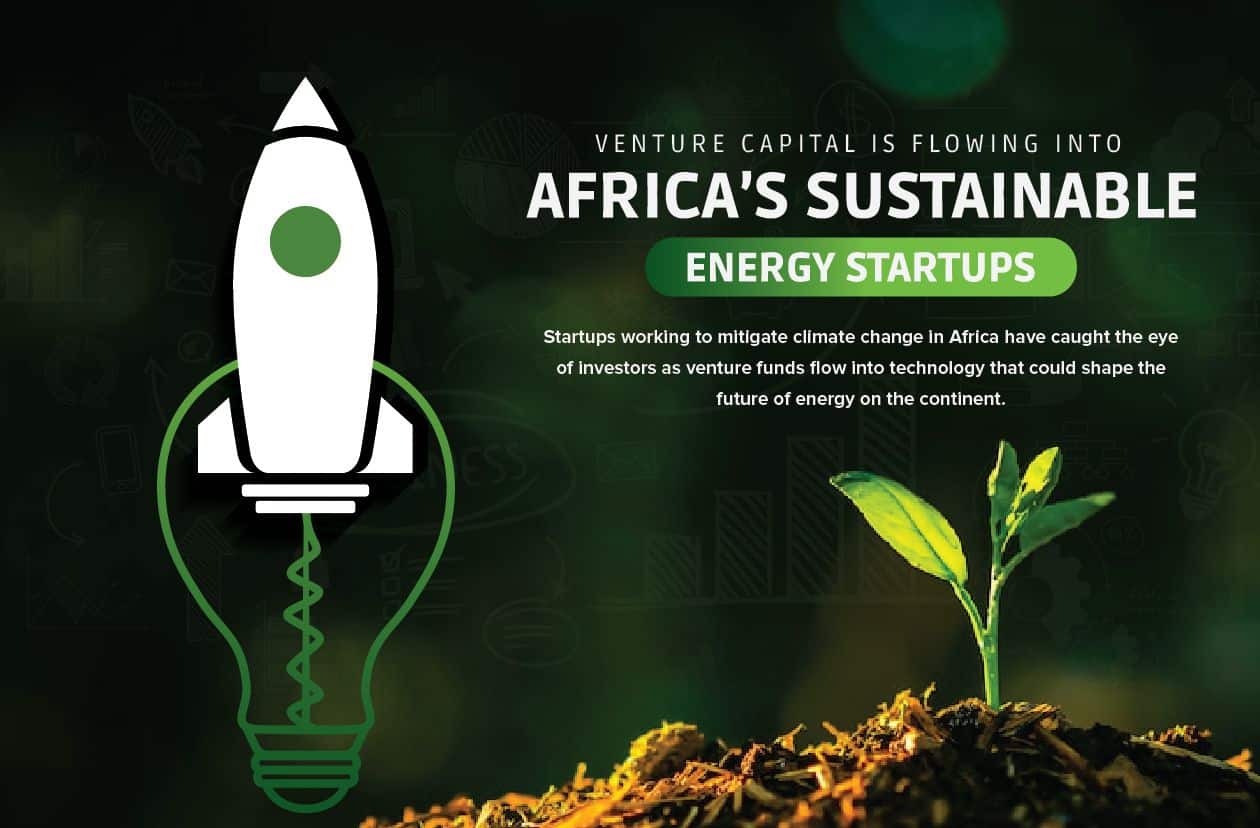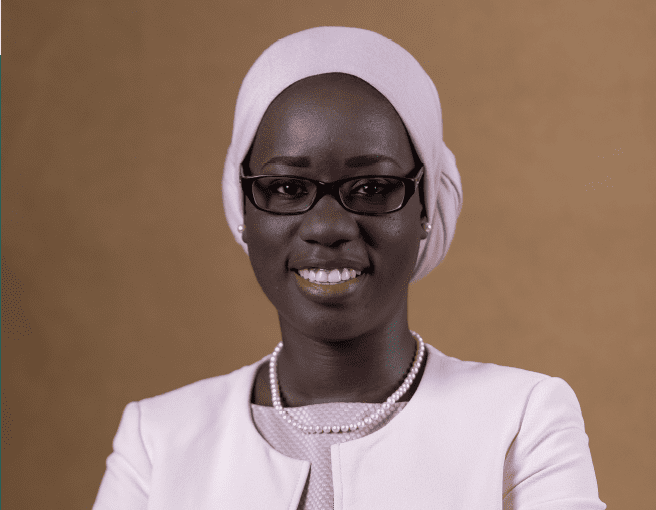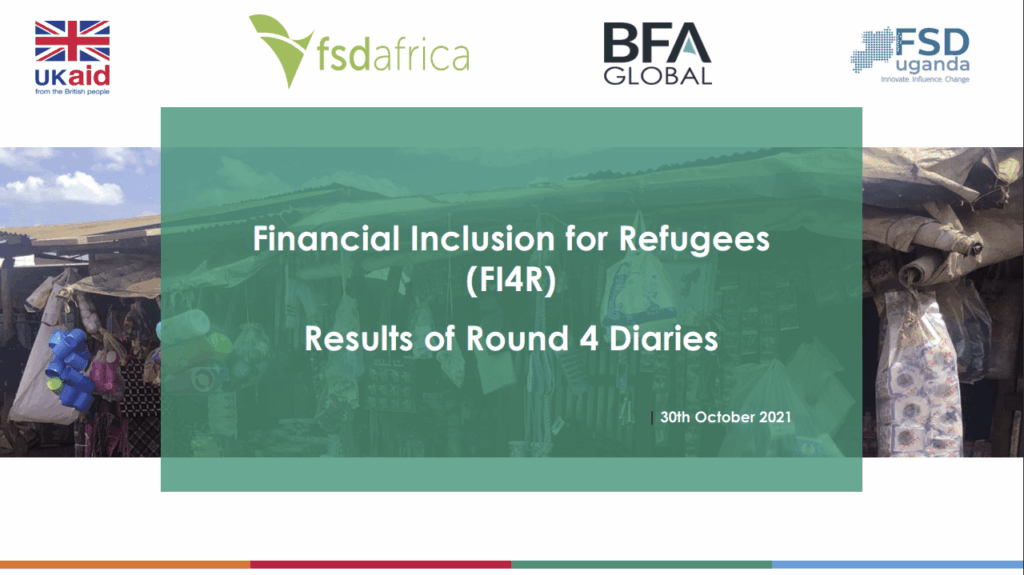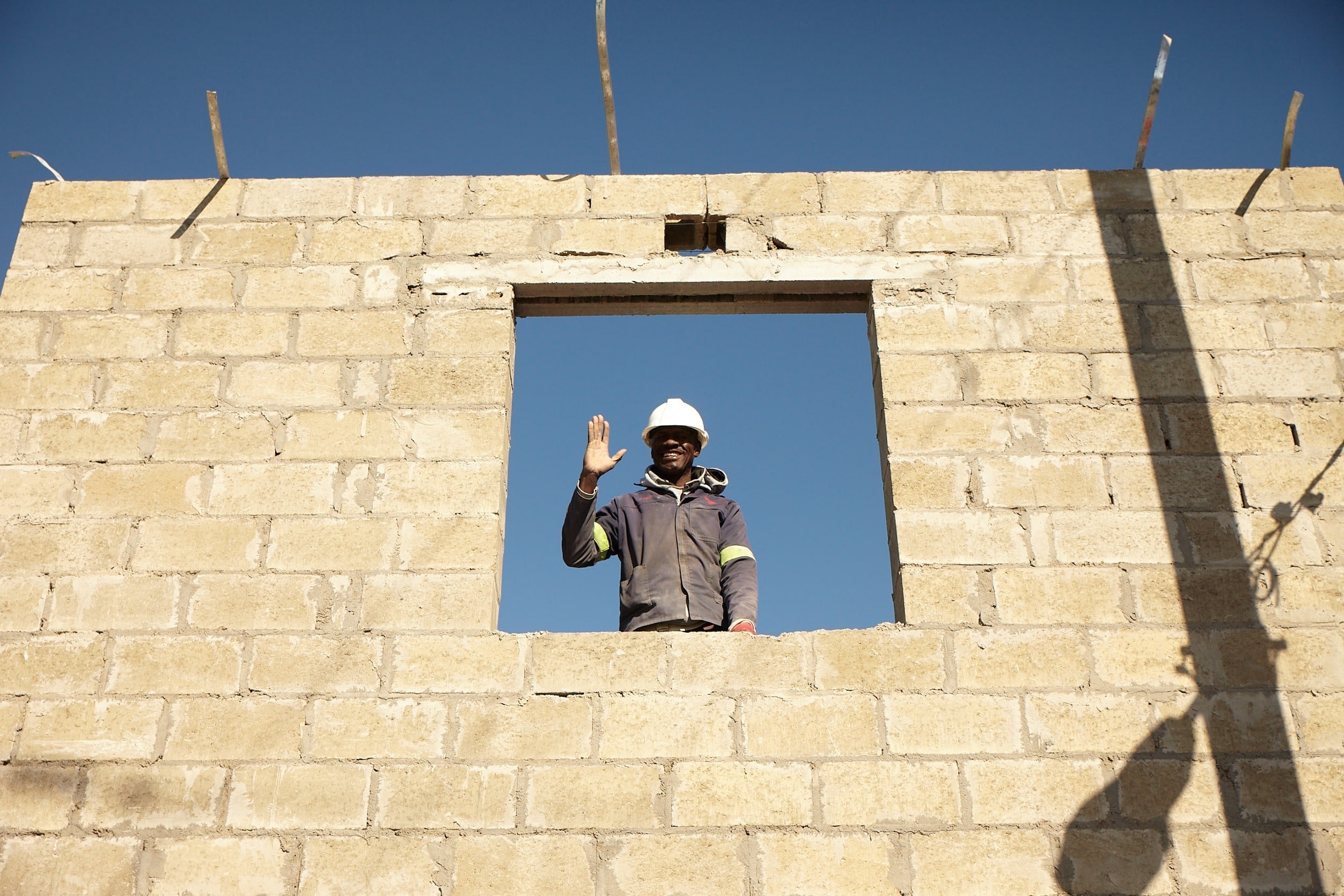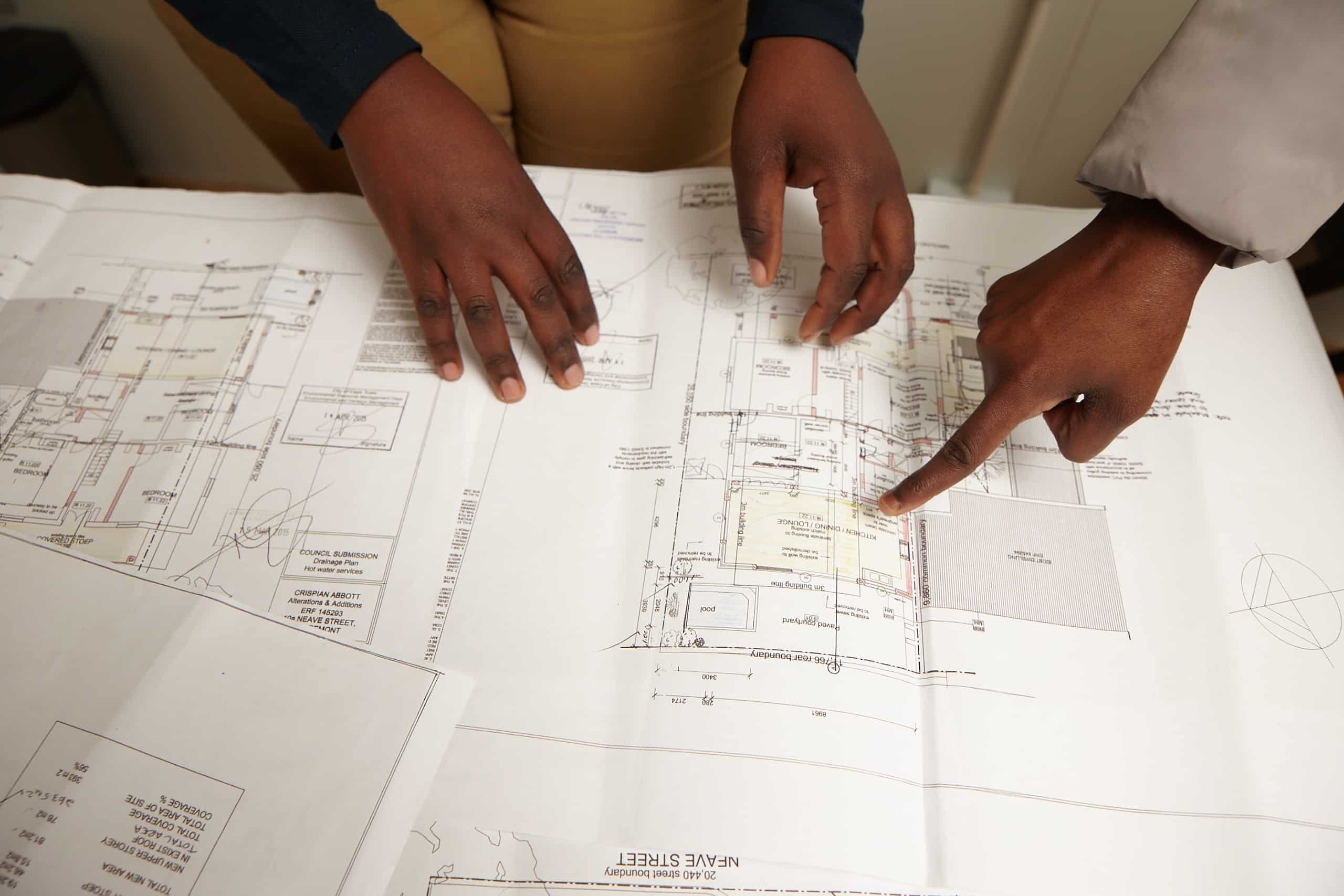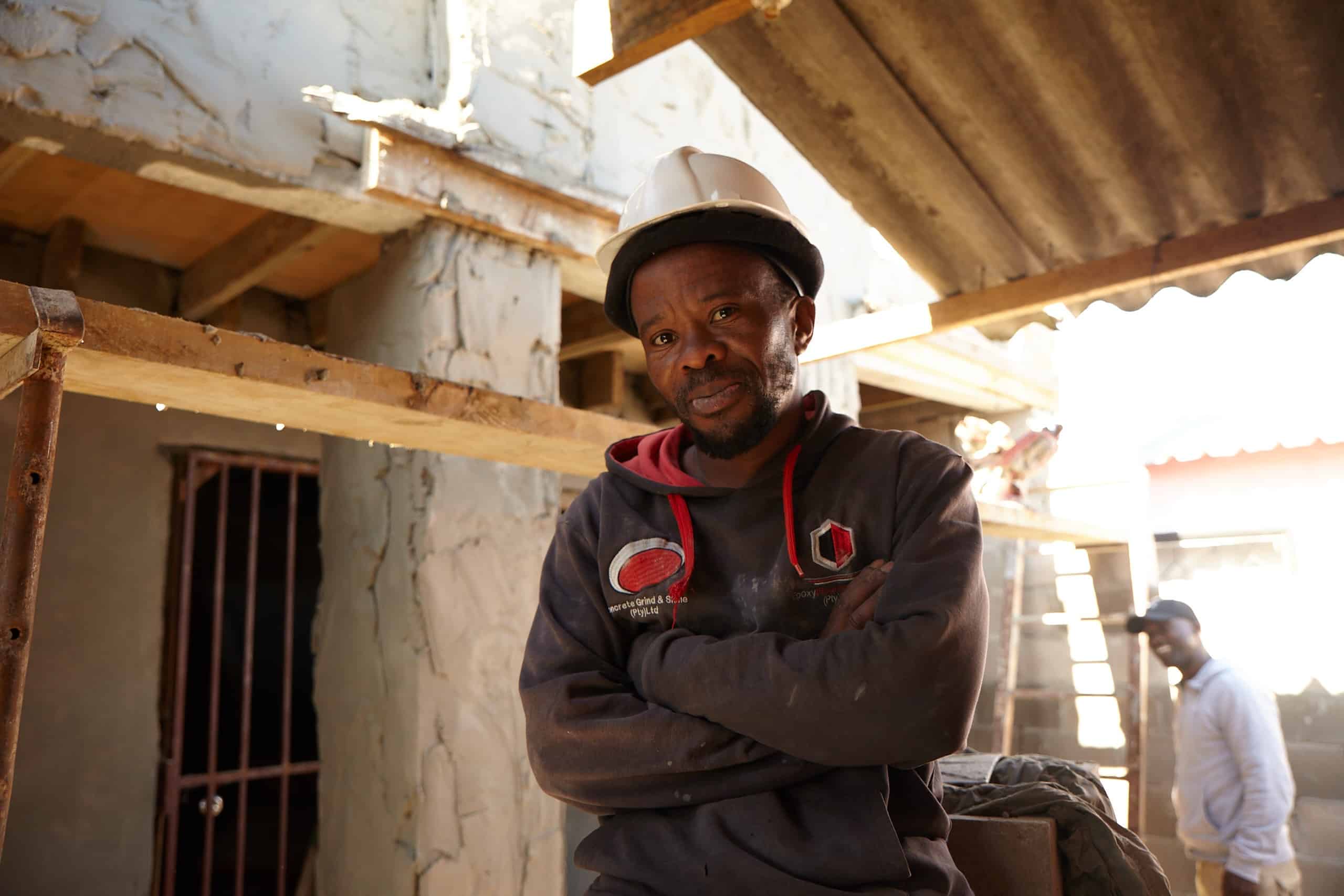Kenya will be the first country to benefit from an initiative by players in Africa’s housing sector seeking to make critical data available for developers, financiers and the public.
Through the Open Access Initiative, data on the cost of construction, time taken to complete projects, and specific challenges arising in the housing sector will be made public across the continent.
The initiative which will cover the continent is being piloted in Kenya.
The Open Access Initiative is being spearheaded by the Centre for Affordable Housing Finance in Africa (CAHF), Financial Sector Deepening (FSD) Africa Investments, Financial Sector Deepening (FSD) Kenya, and Reall and International Housing Solutions (IHS).
Together, these market facilitators have formed the Affordable Housing Investment Alliance (AHIA) which will in turn drive the Open Access Initiative.
The anticipation is that this data will guide investors in affordable housing on what units are profitable, areas that are underserved, and how to navigate the challenges and returns on investments.
Ultimately, this information is expected to save investors money and time.
Smart investment decisions
This new initiative will then be the guiding torch in these murky waters for investors.
According to the vision of this initiative, the plan is to have affordable housing practitioners – developers, financiers and investors – share data and delivery experiences in a central repository.
This repository will then become the full database of all investments into affordable housing in Africa, Kenya being the pioneer.
“Data and information sharing between the parties and collaboration in the advocacy and engagement processes will leverage the individual efforts of the parties to realise economies of scale in improving the enabling environment for affordable housing,” reads the vision board of the alliance.
“Investors and developers all highlight the difficulty of accessing data that gives an accurate picture of the affordable housing investment opportunity and its risks,” said the alliance.
Open platform
The data is limited in composition and associated costs, clarity of the process followed when development was being put up (including steps, time and costs) – the blockages that arise, impact on affordability, details relating to people, target market and their affordability.
In addition, the data does not include other financial pressures, housing needs, the performance of the investment – whether it is a worthwhile venture or not – and how improvements can be done.
The solution to this problem as the document proposes is to have this information public. The Open Access Initiative approach, according to the document, asserts that when money is invested into a development, it should have a twin objective – achieve the immediate development output (housing units) and support the broader market development.
“In order to achieve the latter, the sharing of data and information related to the investment experience becomes a condition of investment. Over the course of the investment, this data and information will be collected and then developed into useful outputs for sharing in the public domain,” the document says.
Outputs will be produced on various levels, some will target participating developers, other development finance institutions (DFIs) and the general public. To amplify the usage of information at hand AHIA will produce a wide range of outputs, such as project fact sheets, investment fact sheets, action briefs and case studies as well as a data dashboard.
“It is anticipated that these outputs will support actors along the housing value chain to support investments in overcoming blockages they face and develop tools, frameworks, and baseline research to support both the investee and other market players in addressing the challenges that they confront in delivering affordable housing.”
Showcase activities
Additionally, the output will showcase the activities of market players engaging in affordable housing, demonstrating their focused attention on both opportunities and risks and encouraging greater investment into the affordable housing sector, given the clear attention to delivery risks, and the identification of niche market opportunities enabled through this effort.
“The Open Access Initiative is about market development. The intention is to build and support a more competitive environment in which a range of market players see (and can act on) opportunities to invest while raising the bar on quality and long-term sustainability,” the alliance says in the document.
“Ultimately, it can contribute towards an overall cost saving in the actual product and the time taken to achieve its delivery, benefiting the original data sharer, the investor, and the market as a whole,” it adds.
In a nutshell, the alliance says, the Open Access Initiative asserts that sector players should not compete on how to access information but on how it is used to optimise resources.
Read original article


